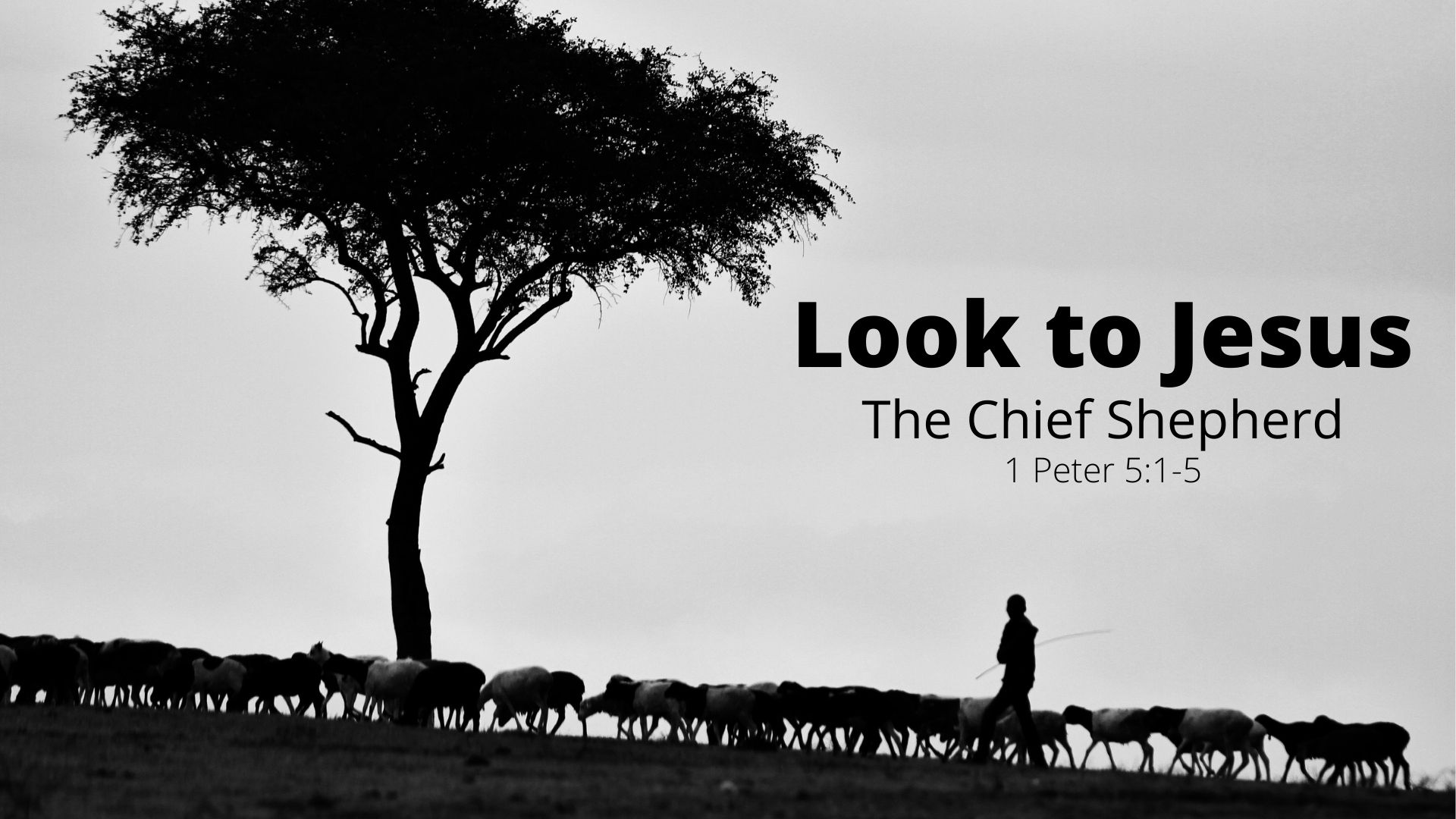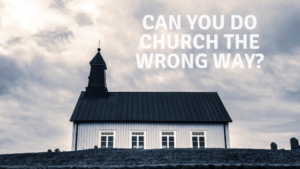There are individuals who leave a lasting impact, offering more than just a positive outlook on life. It’s not about viewing life as a glass half full or making lemonade out of lemons. It’s about encountering someone who, with few words, guides you to what truly matters in the moment, leaving you not just with a smile but with a resilient spirit to face challenges.
In the Bible, we come across a figure named Tychicus. Although scant information is available about him, we know he traveled with Paul during his first imprisonment, proving to be a faithful minister (Ephesians 6:21). Inspired by Tychicus, I wrote a blog post titled ‘Be Like Tychicus,‘ exploring how we can strive to embody his qualities.
In Ephesians, Paul expresses his desire to send Tychicus back to the community to encourage their hearts (Eph 6:22). This phrase holds profound meaning, something that resonates with all Christians. Earlier in Ephesians, we are reminded to “Let no corrupting talk come out of your mouths, but only such as is good for building up, as fits the occasion, that it may give grace to those who hear” (Eph 4:29).
The act of encouraging the heart transcends surface-level positivity; it delves into the core of a person, leaving a profound and lasting impact.
So, what does this kind of encouragement look like?
1) Being a Good Listener:
True encouragement involves meaningful conversation, and a skillful encourager excels at being a good listener. Listening is an active, not passive, endeavor. A genuine encourager attentively engages with their friend’s situation, offering a supportive presence.
A skilled listener exercises patience, refrains from hasty responses, and refrains from interrupting. They engage fully in the conversation, demonstrating empathy by genuinely aligning themselves with the other person’s experience and emotions.
2) Pointing Someone to Jesus
In the context of Ephesians, the entire book emphasizes the greatness of Jesus. Following Paul’s exposition of profound truths to the church, it is fitting to have someone follow up and provide encouragement.
- We are reminded of the greatness of what Jesus did for us (Eph 1:19-20).
- We reflect on what we are saved from (Eph 2:1-10).
- We are guided towards understanding what we are saved to (Eph 2:11-22).
Pointing out Something Beautiful
The other day, while driving, my daughter eagerly sought everyone’s attention to witness a breathtaking sunset. Grateful that she did, we were treated to a spectacle of pinks and orange hues, creating a truly magnificent scene. It was a welcome diversion from our daily activities.
Similarly, when someone encourages you by pointing you to Jesus, they are redirecting your focus to the awe-inspiring love that He has for you. Just like the sunset captured our attention and filled us with wonder, being pointed to Jesus can be a transformative experience, drawing attention to the incredible love that surrounds and uplifts.
- Welcoming Weary Souls (Matthew 11:28-30):
When weariness weighs you down, find solace in Jesus. He extends a comforting invitation to experience true rest, providing respite for the soul (Matthew 11:28-30).
- Enduring Struggles (Hebrews 13:5):
In times of struggle, reflect on the enduring love of Jesus. He bore the weight of the cross on our behalf, promising to never abandon us. Through every challenge, he remains steadfast, a constant presence that will never forsake us (Hebrews 13:5).
- Unconditional Love (Romans 5:8):
Jesus’s sacrifice transcends our worst moments, actions, or thoughts. Even in our lowest state, He chose to die for us. The gospel serves as a reminder of God’s unfathomable favor, showcasing His love for us when we least deserved it (Romans 5:8; Eph 2:4).
In the tapestry of life, woven with the threads of encouragement, we find the timeless wisdom of Tychicus and the profound teachings from Ephesians. The call to encourage one another, expressed by Paul, resonates as a guiding principle for all Christians. As we reflect on the art of encouraging the heart, we recognize the transformative power it holds—moving beyond mere positivity to a deep and lasting impact.
Being a good listener, exercising patience, and pointing others to the unfailing love of Jesus emerge as the brushstrokes that paint a portrait of genuine encouragement. In the symphony of life, each note played, inspired by the virtues of Tychicus and rooted in biblical truths, creates a melody that resonates with the divine grace and compassion we are called to share. May we be encouragers who not only leave smiles but imprint resilient spirits, mirroring the boundless love that captures our attention and fills us with wonder, much like a breathtaking sunset, to the profound love of Christ.






 It is Palm Sunday and we can go through the traditional mindset of Passion Week. But, let us not treat Palm Sunday like an event on rotation on the calendar. This event in history is huge. It was prophesied many many years before Christ and of the Old Testament prophet Zechariah prophesied by saying,
It is Palm Sunday and we can go through the traditional mindset of Passion Week. But, let us not treat Palm Sunday like an event on rotation on the calendar. This event in history is huge. It was prophesied many many years before Christ and of the Old Testament prophet Zechariah prophesied by saying,